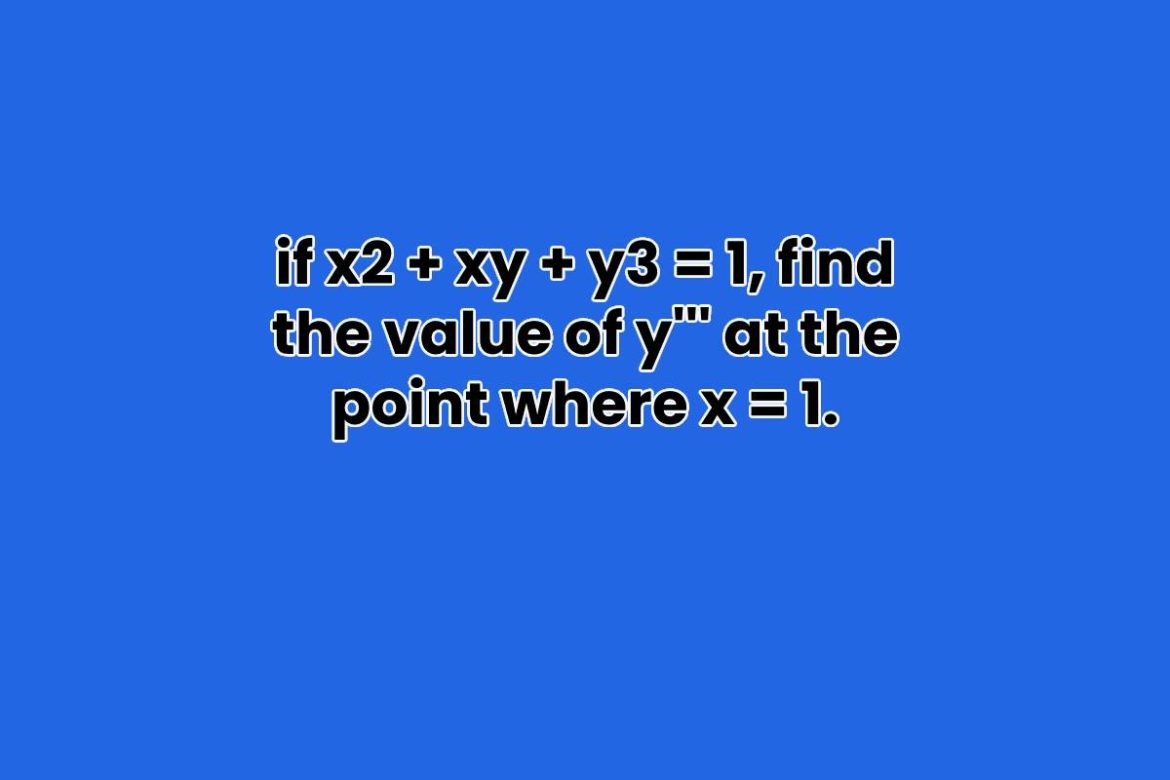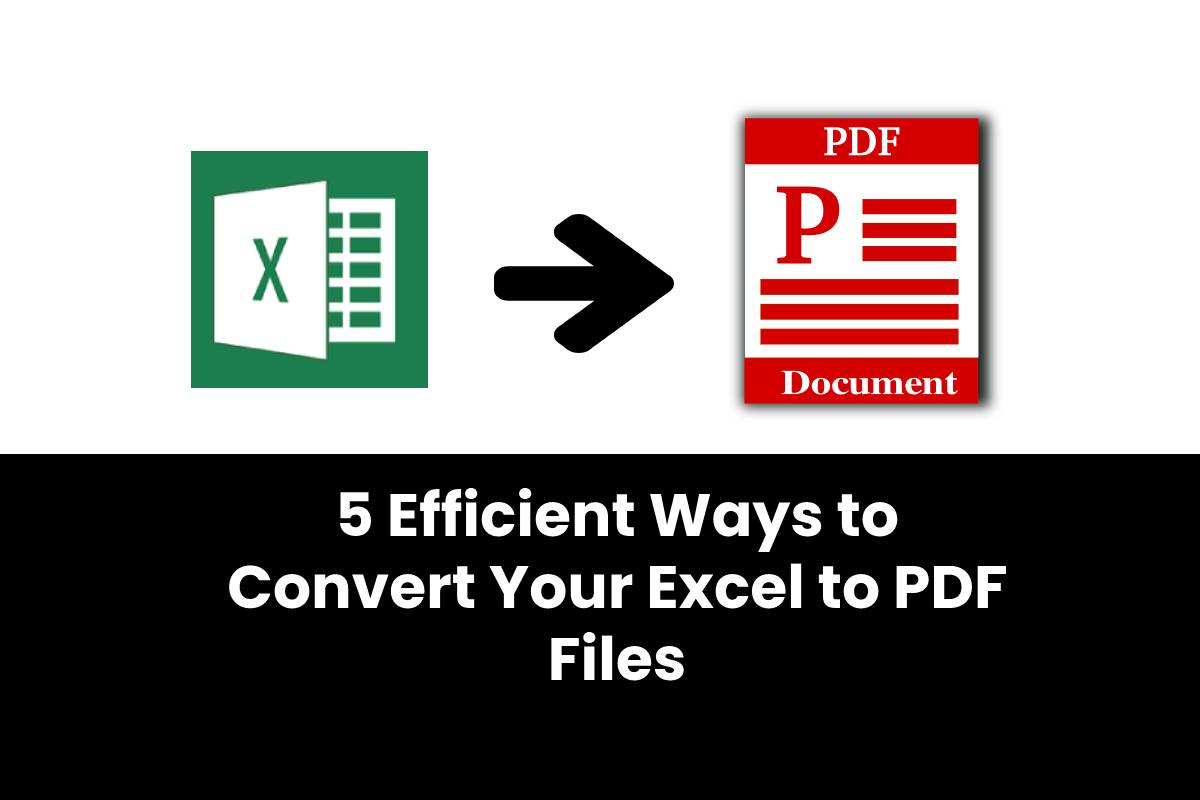hive wraps- Need to keep your honeybees warm this winter? Get Cozy Winter Hive Wraps from online or any stores.
Make sure you provide the perfect size for your hive

Please choose from theae wide variety of fabrics and colours

Learn how to install your wraps for best results and protection during colder months
Find more tips to help keep hive warm in winter weather situations

Bee Cozy: A Time-Tested Solution – hive wraps
These cosy winter-insulated wraps have helped to protect honey production for over 23 years. These Bee Cozy wraps add another layer of protection to keep bees healthy for longer. Bees that are healthier produce more honey.
Conclusion – hive wraps
A warm winter hive cover keeps bees warm and promotes proper airflow. Let a tiny area of the front entrance exposed while using winter hive wrap to avoid suffocating.
















